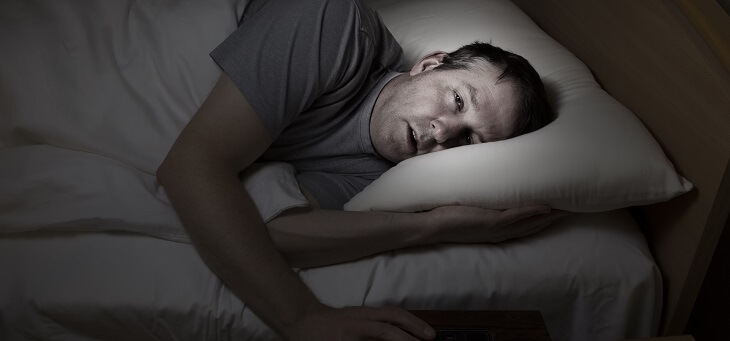In 1966, J.J. Cale wrote a song, After Midnight, which four years later was covered by Eric Clapton and become a worldwide hit. The song’s opening verse features the following lyrics:
After midnight
We’re gonna let it all hang out
After midnight
We’re gonna chug-a-lug and shout
We’re gonna cause talk and suspicion
Give an exhibition
Find out what it is all about
These lyrics probably don’t invite deep analysis in most people’s minds, although they do allude to having a bit of fun on the ‘wrong’ side of midnight, and perhaps crossing a line that will lead to ‘talk and suspicion’.
Some people profess to being ‘night’ people, claiming they do some of their best work in the wee hours of the morning. I must confess to being one of those. In fact, I began my research for this article well past midnight.
Read: This is why you still feel tired after eight hours of sleep
But there’s evidence that I might be deluding myself. The latest scientific hypotheses suggest that if we stay awake after midnight, our brains are more likely to take a turn down a dark path, one that offers few benefits.
You might be tempted to believe that such issues with brain function result from a lack of sleep, and there’s no doubt that our brains do not perform as well if we don’t get enough of it.
However, that’s only part of the story. Also part of the process are our circadian rhythms, which drive our human biological clock.
According to Dr Elizabeth B. Klerman, our biological clock’s mechanisms mean that, “during the biological circadian night, there are neurophysiological changes in the brain that alter the way we interact with the world, especially actions related to reward processing, impulse control and information processing”.
Read: Ten tips to help you sleep when you have a cold
Such changes can lead us to take a more negative view of the world and become more impulsive in our actions.
“The basic idea is that from a high-level, global, evolutionary standpoint, your internal biological circadian clock is tuned towards processes that promote sleep, not wakefulness, after midnight,” she said.
Dr Klerman is the co-author of a newly published hypothesis.
The paper proposes that, during nocturnal wakefulness, “attentional biases, negative effect, altered reward processing, and prefrontal disinhibition interact to promote behavioural dysregulation and psychiatric disorders”.
This increase in impulsive and maladaptive behaviour can have destructive effects, with an increased risk of violent behaviour, alcohol and other substance abuse, suicidal thoughts and altered food intake.
Read: Which sleep type are you?
Such behavioural changes may be an evolutionary hangover from the days when night time brought more dangers to early humans. But in today’s society, they might be likely to do more harm than good.
Previous studies have found that disrupting the body’s internal clock is linked to an increased likelihood of mood disorders, depression and reduced all-round wellbeing, putting regular nightshift workers at risk.
The ‘Mind After Midnight’ theory adds potentially more weight to the evidence that for most humans staying up late is likely to be doing more harm than good.
There will be exceptions to that rule, of course, and it’s possible I might even be one of them. But I’ll go with the odds and from now on will try to stick to doing my research when the sun is up.
Does your work schedule keep you up after midnight? How has this affected you? Why not share your experience and thoughts in the comments section below?
If you enjoy our content, don’t keep it to yourself. Share our free eNews with your friends and encourage them to sign up.

